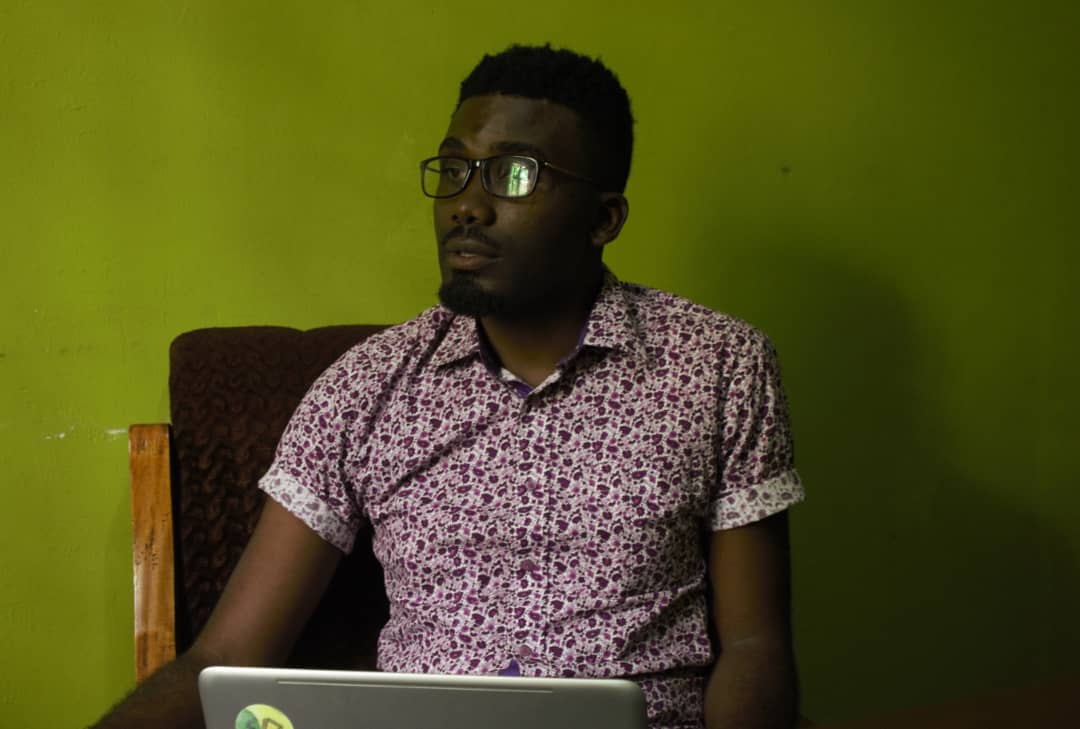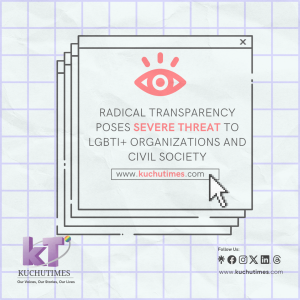The past trauma that I suffered when I was young piled with issues that concerned my family, friends and relationship at that time took a toll on me and drove me to a decision to alienate myself from people. I thought that I was alone. I began to contemplate on suicide with the intention to completely get rid of a certain pain I felt. If anyone dared piss me off, the urge to hurt them and hurt myself would overwhelm me that there were episodes when I would hit my head against the wall. I later realized something was wrong with me. For about a year, my hands became numb. I went to several hospitals and doctors would examine me for everything but they failed to find anything conclusively wrong with me. Not until I was able to go to Agakhan hospital in Nairobi through my sisters' assistance that it was discovered that I had a mental disorder. I was diagnosed with Deep Depression and Anxiety in 2014.
During the time I started treatment, I became insomniac. Even when I slept, I would wake up feeling exhausted. This hampered my adherence to medication which dragged me back into the pit of depression and anxiety. It came to a point that I could barely speak because words could hardly form in my mouth. The compilation of stress from work, self-stigma because of my sexuality doubled with the societal pressures of marriage led me back to my psychiatrist who I had never confided in about my actual private life. Once, she asked me if I was gay which I obviously denied. I had convinced myself that if I came out to her, she wouldn't give me the treatment I needed. But finally, I got the courage and told her that I am gay. She was totally receptive and compelled me to cut some people out of my life for my peace of mind. She also encouraged me to adhere to my drugs despite the side effects.
Early 2017, I was inspired to take on the initiative to research on mental health within the LGBTI community particularly in Uganda since I barely had any person to share my experiences with except for my psychiatrist. I thought to myself that if I personally had struggled with a mental illness in relation to internal and external stigma because of my sexuality, then there ought to be others that were also going through the same. Using my Facebook platform, I opened dialogue about mental health and reached out to those that needed psychological help by referring them to places where I was certain that they could receive the required assistance. The process revealed to me that while I was struggling with my issues, there were some people dealing with hell worse than I did.
In September 2017, I was privileged with the opportunity to go for a workshop organized by Data4Change that focused on small media. With a diversity of people, we brainstormed on what project we can do. Because of my life experience and research, I suggested mental health. In collaboration with Grace of Sexual Minorities Uganda, we designed a campaign called "See The Invisible" to target LGBTI victims faced with mental illness. This campaign was launched at Ice Breakers Uganda on 1st December 2017 and it is running for two years. We have been able to reach several LGBT persons suffering with mental health issues. We continue to collect more stories in relevance to this. I never thought there were so many people dealing with mental health problems. The majority are caught up in substance abuse while they fight to conceal their gender identity or sexual orientation. The dilemma of self-acceptance is real and it is difficult. Others that confront this challenge are betrayed by their loved ones and shunned by their friends.
The challenges of mental health within LGBT persons in Uganda are; First of all, some LGBT persons can't afford to access mental health services. Realistically, the process from consultation, therapy, drugs and follow-up reviews once you are diagnosed with a mental illness is costly. And yet the community lacks professional health providers that can freely offer mental health assistance. All we can do now is refer the victims to counsellors unlike psychiatrists who perform better examinations but they are expensive. Secondly, we don't talk much about mental health within our community as much as HIV/ AIDS which has remained a main focus area. We forget that even someone who has HIV goes through traumas that can cause a mental breakdown which hinders them from coming to terms with that reality. Thirdly, we need to break myths about mental health in regards to sexuality and gender identity. One time, I met a psychiatrist who believes that homosexuality is a mental problem and yet everyone including heterosexuals are prone to mental health issues.
Mental illnesses can be successfully treated if one adheres to their treatment and participates in activities like Yoga and exercising that will help them clear their mind and lower their stress levels. Self-care and loving oneself is also key to beat this scourge. Also, LGBTI persons that suffer with mental health issues shouldn't be ashamed or embarrassed to go to any mental health facility for help. Even though there is need to sensitize the health workers about mental health among key populations. They should acknowledge that not only heterosexuals but also the LGBT persons can have mental disorders. We must hold dialogues with our own community members to inform and help them understand about mental health. They can also learn how to progress on with treatment from the point of diagnosis.
As we celebrate is Mental Health Day, on 10th October 2018, I shall share a report based on my findings in the research that I have been working on about mental health among the LGBTI community in Uganda. Mental health is beyond what we read on social media. Right now, the highest level of depression is within the LGBTI community worldwide. We should advocate for change within the public and private health facilities in regards to mental health if we are to curb this problem.
As told by Ayesiga Herbert,
Monitoring and Evaluations Officer,
Ice Breakers Uganda (IBU).




